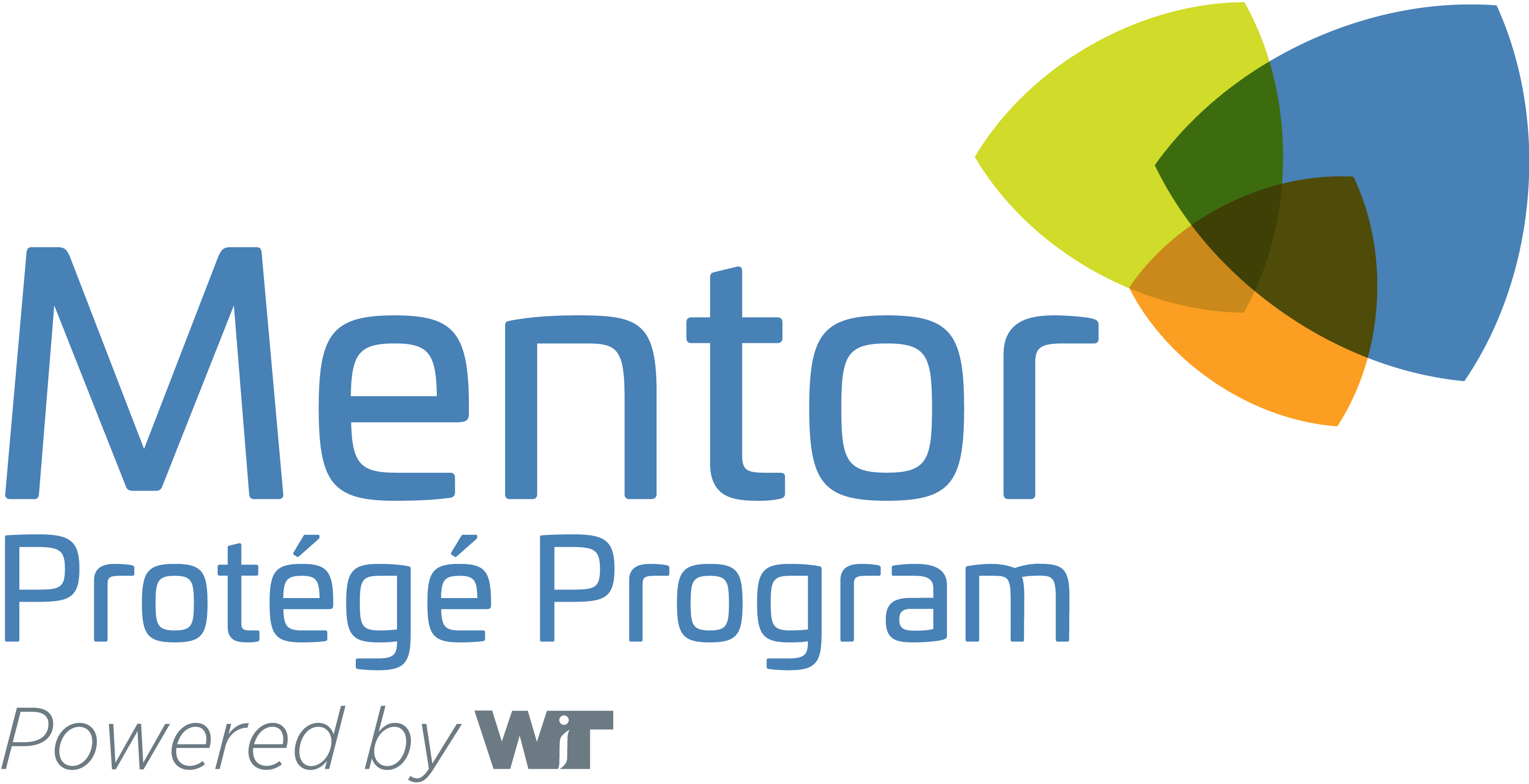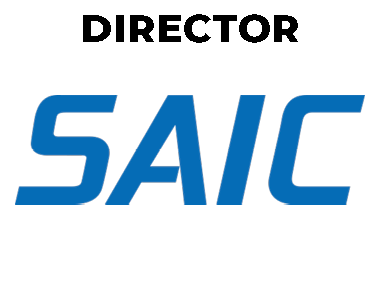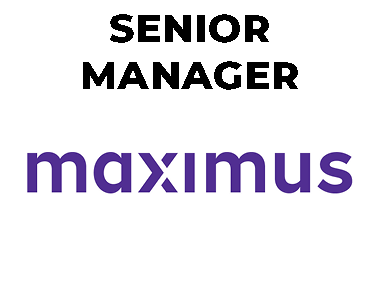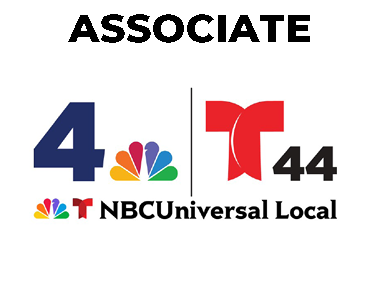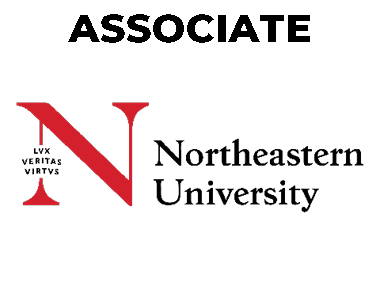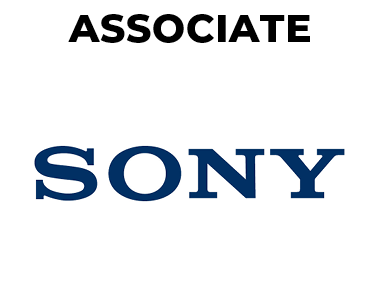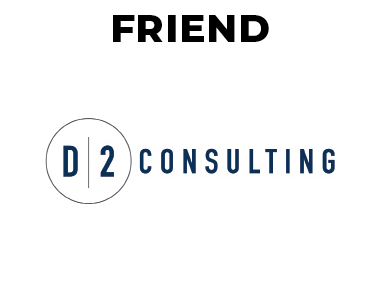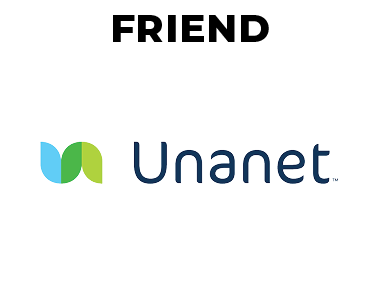Where is Cybersecurity Going – And Where Should It Go?
Cybersecurity is not new – but it is hotter than ever. Today it is foundational to digital business and innovation, as it protects companies and the clients they serve. While technology evolves toward enhanced protection, so do the tactics, techniques and procedures available for cyberattacks in all sectors, including the critical infrastructure. As data and networks grow and become increasingly central to everything from retail to medicine to defense and intelligence, they become increasingly complex and more attractive targets. The threat landscape worldwide continues to expand, challenging “cyber protectors” across all aspects of government and society.
Government agencies and organizations are turning to advanced analytics tools and technologies such as artificial intelligence and machine learning for securing Big Data from attack. Innovative approaches are seeking to leverage high-performance computing, big data analytics, and other developing capabilities to assure mission and business success, and achieve new levels of performance with such things as self-detecting and self-healing data and networks. They can work in sync to form a powerful technology stack that helps businesses identify and avoid digital attacks.
Join us for a highly interactive and engaging panel discussion on the future of Cybersecurity!
Registration for this Event has closed.
Panelists
 Katharine Murphy
Katharine Murphy
Senior Vice President, Software Development, Systems and Services Sector
Katharine is responsible for the operation and oversight of STG’s Software Development, Systems and Services Sector, which provides operational support for the entire systems lifecycle for all Federal Government clients, including the development of complex applications, command & control systems and databases using agile methodologies and extreme programming, decision support systems integration, and system modernization including hybrid cloud migration.
Katharine brings twenty-five years of experience across a broad range of customers to include USAID, DOJ, DHS, DARPA, as well as state/local customers. She has extensive experience managing businesses focused on delivering total solutions and systems to government customers predominantly in the information technology, knowledge management and operational support areas. Katharine has held several positions with General Dynamics Advanced Information Solutions where she led software, systems and solutions development and delivery for very complex systems in the homeland security, defense and national law enforcement missions.
 Dr. Phyllis A. Schneck
Dr. Phyllis A. Schneck
Managing Director and Global Leader of Cyber Solutions
Phyllis has more than 15 years of government and private-sector experience in senior cybersecurity positions and leads Promontory’s cybersecurity practice.
She joined Promontory from the Department of Homeland Security, where she served as the deputy undersecretary for cybersecurity and communications and led responses to cybersecurity threats against corporations, civilians, and the government. During her DHS tenure, Phyllis led the defensive cybersecurity operational mission to mitigate and respond to cyberthreats across the federal civilian government and private sector. She supported the department’s mission of strengthening the security and resilience of the nation’s critical infrastructure, working with all areas of the department, government agencies, law enforcement, and the private sector. Phyllis led the transformation of signature technology applying analytics to the central cyber protection that the DHS provides to civilian agencies.
Prior to the DHS, Phyllis served as chief technology officer for the global public sector at McAfee, where she was responsible for products and services used by governments to counter global cyberthreats and maintain industrial and telecommunications security. She also led the development of the firm’s crowdsourced real-time cyberthreat intelligence and analytics used to protect critical infrastructure, played a key role in developing McAfee’s cybersecurity policy position, and on several occasions testified before Congress on cybersecurity technology and policy.
Phyllis was a member of the Center for Strategic and International Studies’ commission that advised President Barack Obama on cybersecurity. She was chairman of the board of directors of the National Cyber-Forensics and Training Alliance, a partnership between corporations, government, and law enforcement for using cyber analysis to combat international cybercrime. Phyllis was also vice chairman of the National Institute of Standards and Technology’s advisory board on information security and privacy, and she served for eight years as national chairman of the board of directors of the FBI’s public-private InfraGard program. She has briefed and worked with several foreign governments to form partnerships with the U.S. for information sharing, infrastructure protection, and cybersecurity. Phyllis holds several information-security and technology patents.
Phyllis holds a Ph.D. in computer science from the Georgia Institute of Technology, as well as an M.S. in computer science and a B.S. in computer science and mathematics from John Hopkins University.
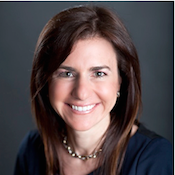 Kiersten Todt
Kiersten Todt
President and Managing Partner
Liberty Group Ventures; Resident Scholar, Pitt Institute for Cyber Law, Policy, and Security
Kiersten Todt is the President and Managing Partner of Liberty Group Ventures, LLC (LGV), where she develops risk and crisis management solutions for clients in the public, private, and non-profit sectors. Ms. Todt advises senior executives in government and industry, as well as Boards of Directors, on cyber risk management. Ms. Todt is the resident scholar at the University of Pittsburgh Institute for Cyber Law, Policy, and Security. She is also the Managing Director of the Cyber Readiness Institute.
She most recently served as the Executive Director of the Presidential Commission on Enhancing National Cybersecurity. The Commission was established in February 2016 and delivered its report on cybersecurity and the digital economy to President Obama on December 1, 2016. In this capacity, she was responsible for leading the twelve commissioners, who are leaders from industry, government, academia, and law enforcement, to develop a consensus document of cybersecurity recommendations for the incoming Administration.
Prior to this role, Ms. Todt was a member of the team supporting the National Institute of Standards and Technology (NIST) in the development of the Voluntary Cybersecurity Framework called for in President Obama’s 2013 Executive Order on cybersecurity. She has served in senior positions in both the White House and the United States Senate. Ms. Todt has commented on homeland security, cybersecurity, and sport security issues in multiple media outlets, including NBC, NPR, Bloomberg, and The Wall Street Journal. Her work on crisis management and sport security has been published in relevant journals.
Moderator
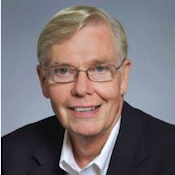 Phil Lacombe
Phil Lacombe
President and Chief Operating Officer
Recently appointed President and Chief Operating Officer, Mr. Lacombe leads a top tier management team dedicated to developing and selling software, analytics and cyber security capability; developing new customers and channels to market and managing existing customer and channel partner relationships; developing strategic partnerships and ensuring that overall revenue and profit goals are achieved and shareholder value is delivered.
Mr. Lacombe is a seasoned industry executive with over 20 years of leadership experience in the defense and national security technology sector. In 2008 he co-founded Secure Mission Solutions, which he led as President and Chief Operating Officer until its acquisition by Parsons in 2014. He remained with Parsons to lead its commercial cyber security business and the SMS business unit. Prior to SMS, Mr. Lacombe held senior positions with a number of major defense technology businesses, including SAIC, General Dynamics, and Veridian Corporation. He has served on a number of U.S. Government panels, including as Staff Director of the President’s Commission on Critical Infrastructure Protection. His career began as an Air Force officer, and he completed his service as a Colonel.
SaveSaveSaveSaveSaveSave
 Katharine Murphy
Katharine Murphy
 Prev Month
Prev Month View Month
View Month Search
Search Go to Month
Go to Month Next Month
Next Month Dr. Phyllis A. Schneck
Dr. Phyllis A. Schneck Kiersten Todt
Kiersten Todt Phil Lacombe
Phil Lacombe Export Event
Export Event 

